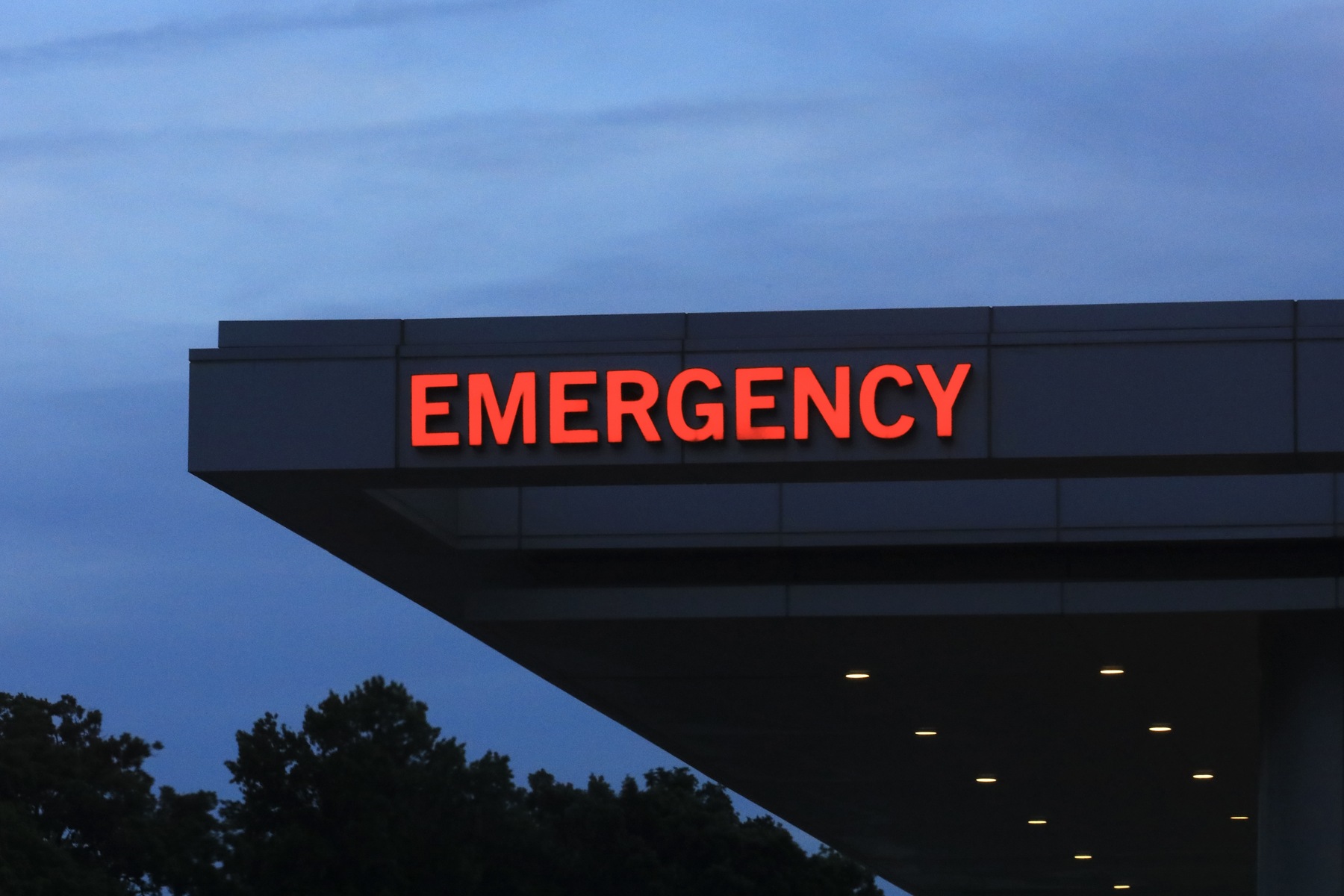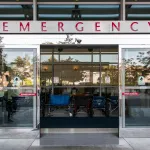Nearly 6,000 doctors, hailing from all 50 states, have drafted a letter asking the Supreme Court to uphold a federal law that requires hospital emergency departments to provide abortions when they are needed to stabilize patients.
The letter, organized by the left-leaning Committee to Protect Health Care and shared first with The 19th, concerns the case Idaho v. United States, which the high court heard in April.
In that case, the federal government has argued that the Emergency Medical Treatment and Labor Act — a 1986 law known as EMTALA — requires that hospitals participating in the federal Medicare program provide abortions if doing so is the necessary treatment in an emergency. Idaho has contested that interpretation, and argued that its state-level abortion ban supersedes federal law. Idaho’s current ban allows an exception only if the procedure will save the life of the pregnant person, but not if it will otherwise preserve their health.
“We know firsthand how complications from pregnancy can lead very quickly to a medical crisis, requiring immediate care and treatment,” states the letter, which was signed by doctors across specialties whose abilities to provide care could be affected by a ban, including oncology, emergency medicine and anesthesiology. “These patients’ complications can range from a miscarriage to heavy bleeding, from placental abruption to a stroke from severe preeclampsia – and doctors and health professionals in emergency departments must be allowed to use the full range of medical options to save these patients’ lives, including abortion.”
The case is one of two abortion-related challenges the court has heard this term, and one of the first since the overturn of Roe v. Wade in the 2022 decision Dobbs v. Jackson Women’s Health Organization. A decision is expected this June.
The court has held that, while this case is pending, the federal government cannot enforce EMTALA in Idaho. As a result, patients in the midst of medical emergencies have flown to Utah — the next closest state with abortion access — to receive treatment.
Abortions that would be covered by EMTALA constitute only a tiny fraction of terminations performed in the United States. Still, the case has sparked tremendous concern among physicians.
“If someone is having a crisis and part of the treatment involves an abortion — or any procedure or intervention that might be deemed an abortion by a prosecutor down the road — that is something we shouldn’t have to think about,” said Dr. Rob Davidson, a Michigan-based emergency physician and the committee’s executive director. “When I have a pregnant woman having a crisis, my first call should be to an OB, and not a lawyer.”
It’s not clear how the Supreme Court will rule, but their decision could have implications well beyond abortion. Already, the fear of violating strict abortion bans has deterred aspiring and practicing physicians from setting up shop in states with such laws — particularly in Idaho, which has seen an exodus of maternal-fetal medicine specialists in the almost two years since Roe’s fall. Physicians in the state worry a court finding in favor of Idaho might exacerbate that trend.
Legal scholars say that if the court finds EMTALA does not protect abortion as one form of emergency medical care, states could subsequently restrict other treatments — undercutting the law’s core holding that patients who present at emergency rooms are guaranteed to at least receive stabilizing treatment.
“The basis of Dobbs is states have the power to regulate medical care. If you extend that to EMTALA, you open up EMTALA to whatever drama a state wants to play out in its emergency rooms,” Sara Rosenbaum, a professor emerita of health law and policy at George Washington University who has written extensively about EMTALA, told The 19th last month.
This could theoretically include prohibiting hospitals from providing emergency care for patients with HIV or substance use disorder — treatment they would ordinarily be required to provide.
“What if someone says, ‘We don’t believe in harm reduction programs for opioid use disorder, so we don’t think we should provide naloxone kits when patients leave the ER?’” Davidson asks. “This is bad enough that I don’t have to imagine what could happen next, or what else they could carve out. But you’re opening a Pandora’s box.”







